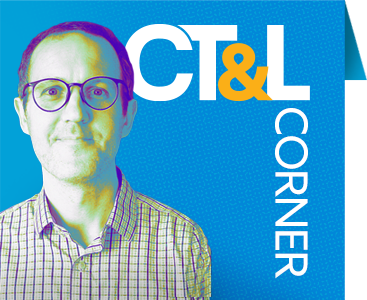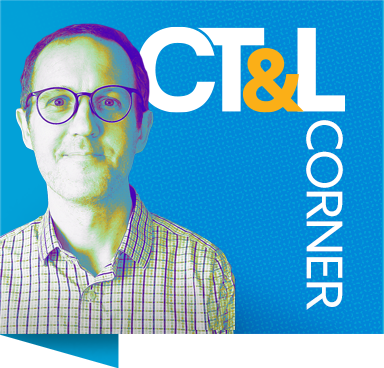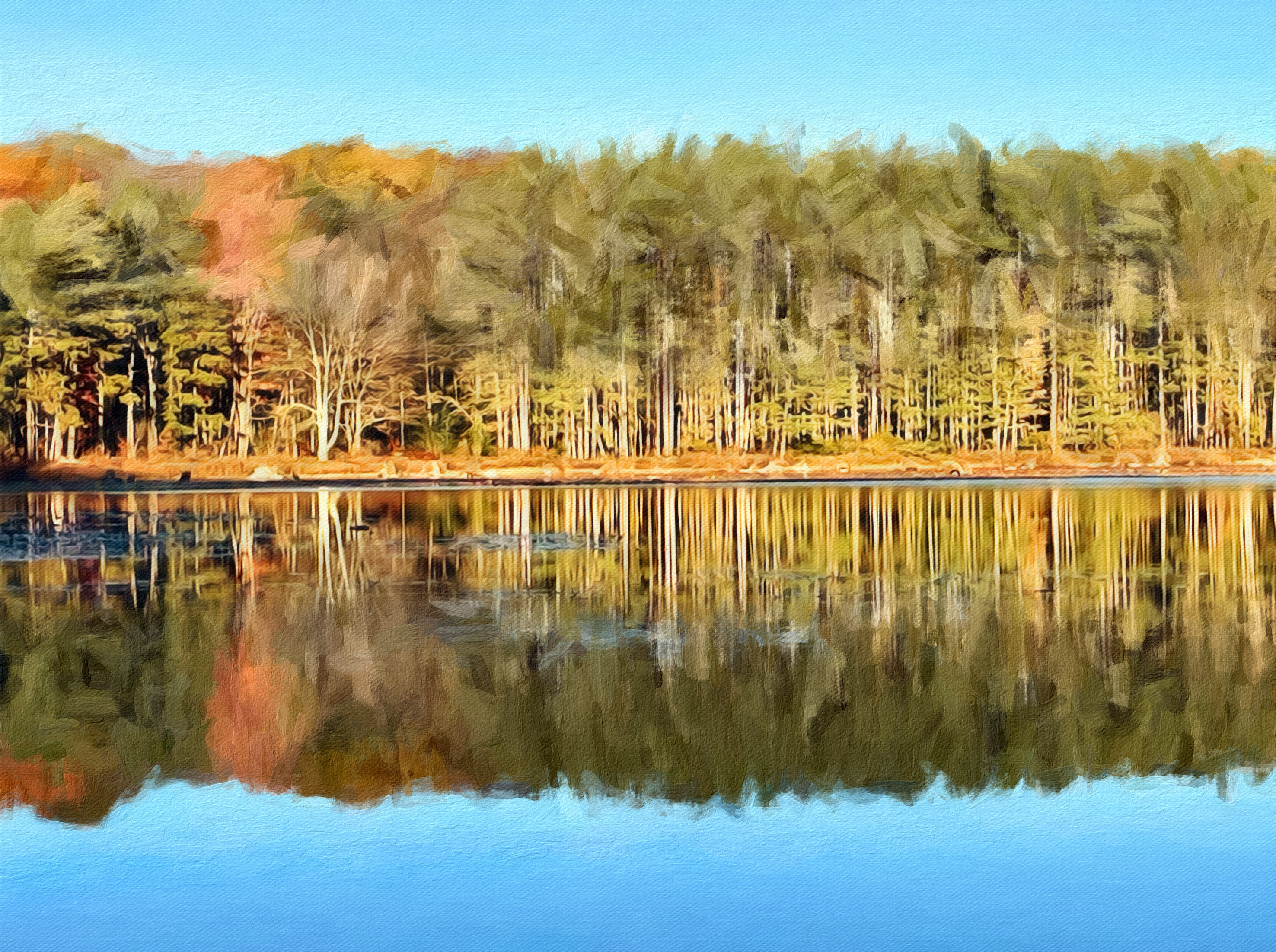In previous posts, I’ve discussed the creative process at different stages: the benefits of limits and the argument for valuing quantity over ‘quality’ in the initial, divergent-thinking stages, and the benefits of rest in incubating ideas over time. As we arrive at the last week of the semester, I’d like to argue for the benefits of one more part of the creative process (and learning process): reflection.
Educator and philosopher John Dewey is quoted as saying: “We do not learn from experience… we learn from reflecting on experience.” He was arguing that it’s in making sense of what we’ve done that learning solidifies. From a cognitive perspective, this isn’t so far off from what we’ve come to know about knowledge: we make connections and solidify our knowledge. But, making art is a distinct kind of knowledge: a knowing what, but also a knowing how.
A common critique that I have of education in general and higher education in particular is how disintegrated it can feel: we take classes, across multiple semesters, and collect knowledge and skills over time. The work of putting things together is often left to us in our own time and space: yet this seems like a lost opportunity to initiate the kind of learning that Dewey is talking about…
Cognitively speaking, reflection represents the attempt to connect what we have learned, what we have experience, into our mental maps (or tapestries, if you prefer). As part of his “Small Changes in Teaching” series for the Chronicle of Higher Education, James Lang makes the cognitive case for encouraging students to make connections (Link to Article):
“As the authors of How Learning Works argue, “One important way experts’ and novices’ knowledge organizations differ is the number or density of connections among the concepts, facts, and skills they know.” Experts have thick tapestries weaving together all of the many things they know. New experiences are threaded easily into that tapestry, continually expanding and reshaping it.”
“By contrast, new learners tend to have information, ideas, or skills lodged in their minds in discrete, isolated places. Connections that seem obvious to us may never occur to them. New information and experiences do not automatically slot into the places where we (as the experts) might expect them to go. And while we can help by giving students suggestions for how to organize their knowledge and make connections, true learning occurs when students make new connections on their own.”
This can sound a bit high falutin’ and removed from our day-to-day teaching and learning. In a post on the website, The Art of Education, Raymond Yang argues that this reflective work can be the culmination of any assignment (and not just the culmination of a semester). Asking simple, direct questions (“What was the inspiration for the project/work you completed?” or “How does this project tie together previous exercises and concepts from the class?” are examples in the article). This can seem like an extra step beyond ‘doing the work,’ but creatives and researchers alike would argue that reflection is a critical part of the learning/creative process.
Image Credit: Adam Smith (taken with iPhone) and Nicholas Smith (editing with PhotoShop)



